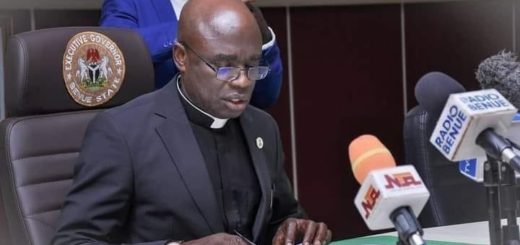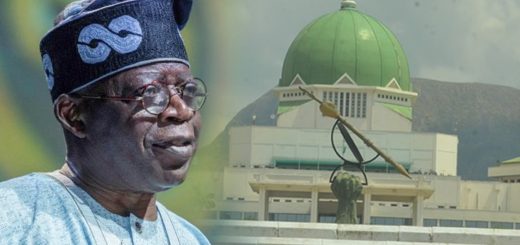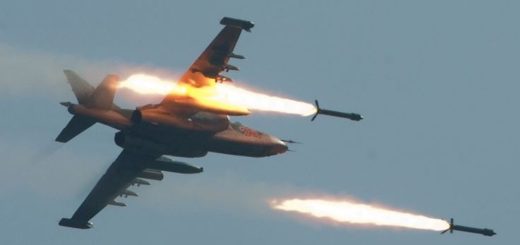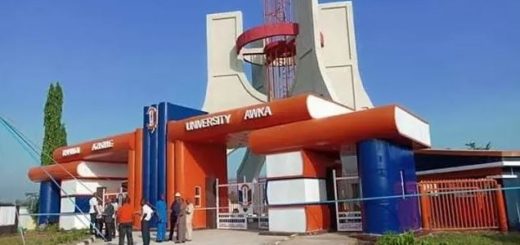Reps Deputy Speaker, Kalu leads ECOWAS Parliament Joint Committee meeting in Abidjan
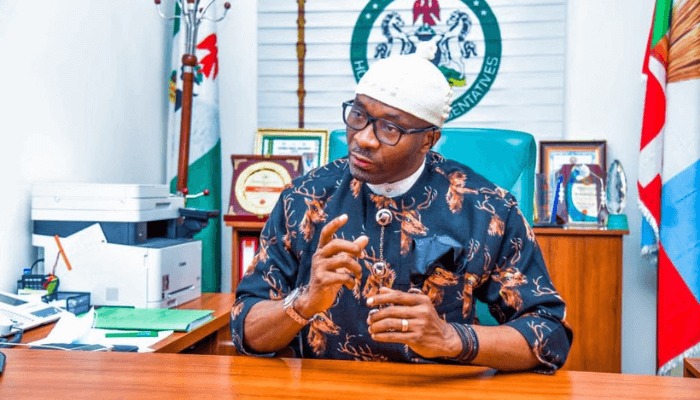 A Joint Committee of the ECOWAS Parliament led by Nigeria’s House of Representatives Deputy Speaker Benjamin Kalu is holding an oversight delocalised meeting in Abidjan, Ivory Coast, on Aug. 12.
A Joint Committee of the ECOWAS Parliament led by Nigeria’s House of Representatives Deputy Speaker Benjamin Kalu is holding an oversight delocalised meeting in Abidjan, Ivory Coast, on Aug. 12.
The weeklong event, which comprises some of the parliament’s standing committees, namely, Administration, Finance, Budget, Public Accounts, Macroeconomic Policy and Economic Research, will end on Friday.
The theme of the event is: “The Role of the ECOWAS Parliament in Community Budget Formulation and Monitoring.”
The Joint Committee was constituted and charged with executing the very important oversight activities on their aforementioned schedules as encapsulated in the outlined community policy.
The main objective of the delocalized committee meeting is for its members to have in-depth knowledge and understanding of the issues in focus with a view to facilitating parliamentary deliberations on budgeting.
It also aims to equip Members to carry out oversight functions over the programmes and activities of ECOWAS as mandated by the Supplementary Act on the Enhancement of the Powers of the Parliament.
It is expected that Members of the Joint Committee will be sensitized by resource persons and stakeholders drawn largely from relevant technical directorates of the ECOWAS Commission on recent developments in the sectors in focus.
Resource persons drawn from relevant organisations like the organized civil society, will also make presentations to the Joint Committee to equip the parliamentarians with all-round perspectives on the issues.
The Committee on Administration, Finance and Budget is responsible for matters relating to the adoption of the community budget; examining the draft annual budget of the Parliament; monitoring financial and administrative management in the parliament.
It is also responsible for assessing the effectiveness of various community financing mechanisms, notably the implementation of the protocol relating to the community levy; the coordination of various financial instruments.
The committee is also charged with the task of evaluating the cost/effectiveness of implementing policies financed by the Community and controlling the execution of the Parliament’s budget.
It is also tasked with verifying accounts and balance sheets relating to decisions concerning the closure, presenting and auditing of the parliament’s revenue and expenditure and measures accompanying or implementing these decisions.
The ECOWAS Parliament has 115 seats and fourteen Standing Committees. Each of the 15 member states is guaranteed a minimum of five allotted seats.
The remaining forty seats are distributed in proportion to the population of each country.
According to the News Agency of Nigeria, NAN, Nigeria has a total of 35 seats followed by Ghana with eight seats. Côte d’Ivoire is allotted seven seats, whereas Burkina Faso, Guinea, Mali, Niger and Senegal have six seats respectively.
The remaining ECOWAS Member States, namely Benin, Cape Verde, The Gambia, Guinea Bissau, Liberia, Sierra Leone and Togo, have five seats.
